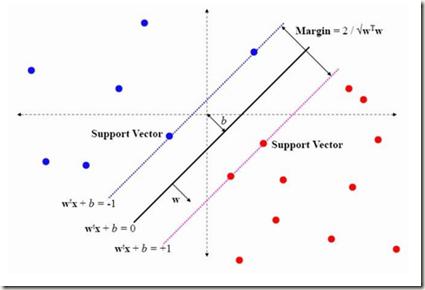The anonymous nature of darknets is commonly exploited for illegal activities. Previous research has employed machine learning and deep learning techniques to automate the detection of darknet traffic in an attempt to block these criminal activities. This research aims to improve darknet traffic detection by assessing Support Vector Machines (SVM), Random Forest (RF), Convolutional Neural Networks (CNN), and Auxiliary-Classifier Generative Adversarial Networks (AC-GAN) for classification of such traffic and the underlying application types. We find that our RF model outperforms the state-of-the-art machine learning techniques used in prior work with the CIC-Darknet2020 dataset. To evaluate the robustness of our RF classifier, we obfuscate select application type classes to simulate realistic adversarial attack scenarios. We demonstrate that our best-performing classifier can be defeated by such attacks, and we consider ways to deal with such adversarial attacks.
翻译:黑网的匿名性质通常被用于非法活动。以前的研究利用机器学习和深层学习技术将黑网交通的检测自动化,以阻止这些犯罪活动。这项研究的目的是通过评估支持矢量机(SVM)、随机森林(RF)、进化神经网络(CNN)和辅助-分解器基因反转网络(AC-GAN)来改进黑网交通的检测。我们发现,我们的RF模型优于CIC-Darknet2020数据集先前工作中使用的最新机器学习技术。为了评估我们的RF分类器的坚固性,我们不赞成某些应用类型班来模拟现实的对抗性攻击情景。我们证明,这种攻击可以打败我们最优秀的分类器,我们想方设法对付这种对抗性攻击。




